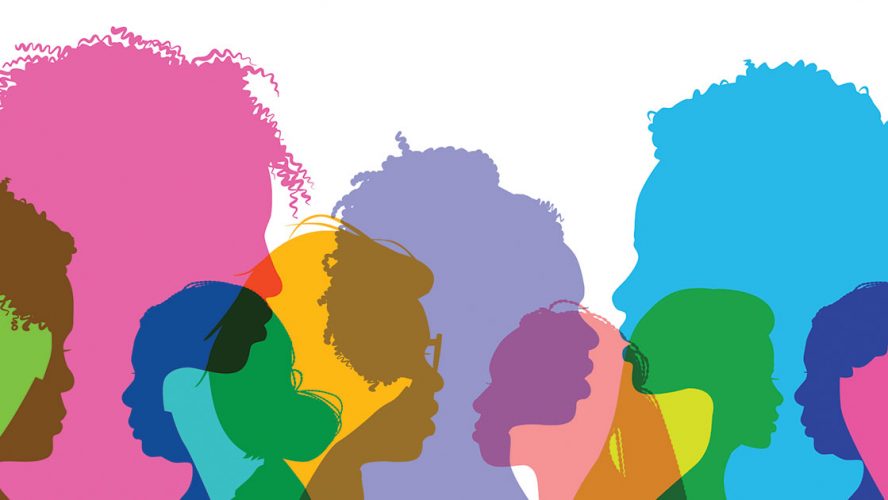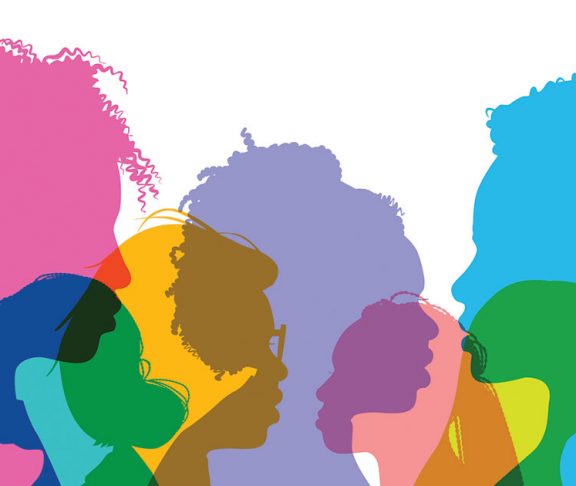
Lorraine Hariton
President and CEO, Catalyst
The #MeToo movement is changing the conversation around women and work — but it’s just one of many seismic shifts reshaping the workplace today, and in the future. Thanks to social movements, globalization, changing demographics and rapid advances in technology, traditional ways of doing business are fast becoming obsolete.
People expect more flexibility at work, and employees and investors alike are drawn to organizations that value social responsibility. New technologies and expanding globalization have made our world more connected than ever. Organizations that resist social change and continue to draw from one narrow talent pool will be less competitive going forward.
But for companies and leaders willing to learn and grow, these shifts are creating tremendous opportunities. Artificial intelligence is being refined every day, but machines still don’t possess the same capacity as humans for listening, empathizing and connecting with people. Successful leaders and organizations of the future will harness that human touch to integrate rapid technological advances and build inclusive workplaces where all employees thrive. And they will understand that when employees who bring multiple intersecting identities to work feel safe, valued and fully included, they enjoy their work more — and perform better.
Equal opportunities
That’s why a commitment to empowering women, and all employees, to be their authentic selves at work must be woven into the daily fabric of every organization. Done right, inclusion is a daily practice. And it must be modeled every day, particularly at the top.
By sponsoring talented women and encouraging others to do so; tracking and rewarding inclusive behaviors; and acknowledging and addressing the specific barriers that women of color and other underrepresented groups still face at work, we can build workplaces where all employees enjoy equal opportunities to contribute and excel.
In this fast-paced, increasingly interconnected global economy, it is more vital than ever for men to champion women. The vast majority of men believe in equality, but don’t necessarily take active steps to improve conditions for women at work. Organizations that encourage men to champion women understand that companies and communities thrive when women advance.
The world’s best companies recognize that it’s only possible to unlock innovation when everyone is given the same chances to succeed. And they see a culture where women and other underrepresented groups are treated with respect and empowered to lead as a competitive advantage.
Our society has changed, and our workplaces must evolve, too. At Catalyst, we embrace these changes and know that they represent progress for women — which means progress for everyone.

